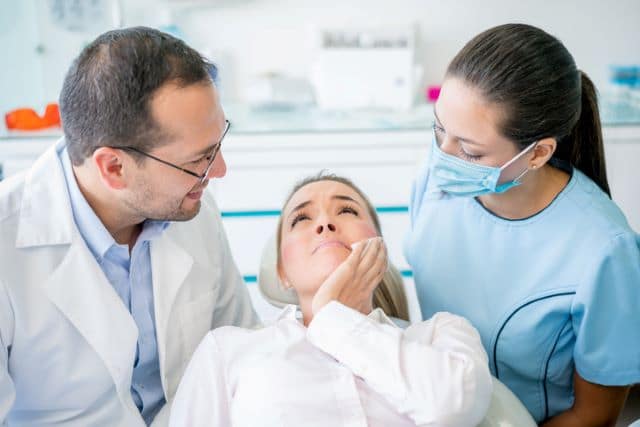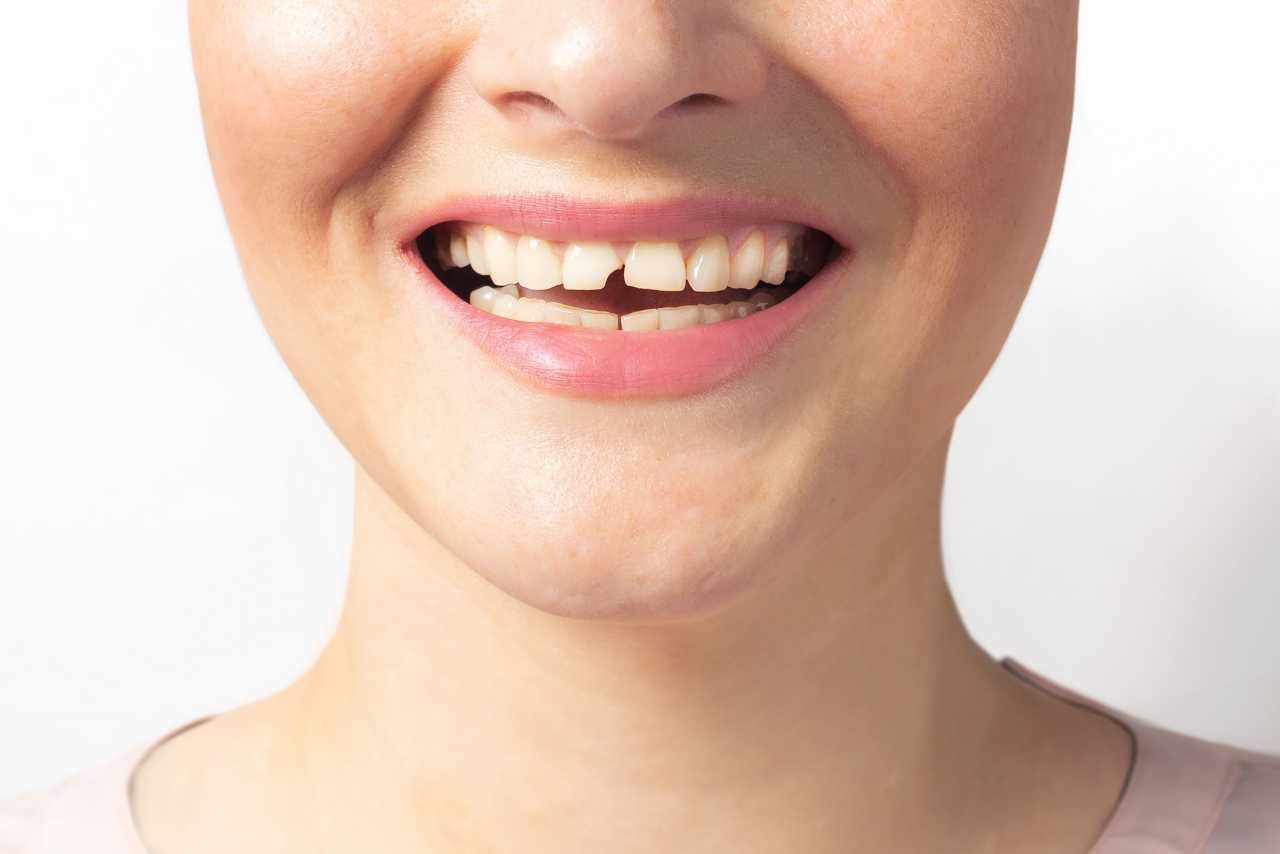Emergency Dental Care: Rapid Relief for Tooth Pain and Accidents
Emergency situation oral treatment is a vital element of maintaining oral wellness, particularly when unexpected occurrences take place or severe pain develops. Comprehending the indications that necessitate immediate interest can significantly influence outcomes, stopping more problems. From intense toothaches to traumatic injuries, recognizing the seriousness of these scenarios is critical. Many people remain unclear regarding the specific circumstances that call for prompt treatment. This uncertainty frequently results in hold-ups in looking for assistance, which can exacerbate the issue handy. Checking out the common kinds of dental emergency situations and the ideal actions is important for educated decision-making throughout these critical minutes.
Comprehending Dental Emergency Situations
Oral emergency situations frequently develop without caution, requiring prompt attention to reduce discomfort and stop more problems. Comprehending the nature of oral emergency situations is essential for both people and doctor to guarantee efficient administration. These circumstances can vary from sharp pain and trauma to infections that need prompt treatment.
One key facet of dental emergencies is identifying the indications that need immediate care. Signs and symptoms such as serious toothaches, swelling, or bleeding can suggest underlying issues that, if left untreated, might result in significant wellness issues. Additionally, injury to the mouth, whether from sports injuries or mishaps, can cause damages to teeth and bordering tissues, demanding quick assessment and treatment.
Recognizing the urgency and potential repercussions of oral emergency situations empowers individuals to make educated choices, inevitably leading to far better outcomes and improved dental wellness (emergency dental edmonton). By prioritizing timely focus to oral crises, clients can lessen discomfort and safeguard their general health.
Common Sorts Of Dental Emergencies
Running into various sorts of dental emergency situations calls for a thorough understanding of the problems that demand instant treatment. Typical dental emergencies can considerably impact a client's oral health and overall well-being.
Serious pain usually suggests an underlying concern that requires punctual intervention. An additional typical emergency situation is a damaged or chipped tooth, commonly triggered by injury or extreme pressure.
Knocked-out teeth represent a crucial emergency situation, where instant activity is important for possible reimplantation. Preservation of the tooth in an ideal medium, such as milk or saline, is necessary while seeking specialist help.
Furthermore, oral abscesses, defined by local infection, present as swelling and discomfort. These require urgent therapy to stop the spread of infection.
Last but not least, soft tissue injuries, including lacerations or cuts to the gums, cheeks, or tongue, can likewise demand emergency situation care. Resolving these conditions promptly is crucial in alleviating difficulties and ensuring ideal oral wellness.
When to Seek Immediate Care

Mishaps resulting in oral trauma-- such as a knocked-out tooth, fractured or chipped teeth, or injuries to the gum tissues-- demand prompt treatment (emergency dentist edmonton). When it comes to a knocked-out tooth, time is essential; it must be reinserted or saved in milk or saline and taken to the dental practitioner within an hour for the finest chance of effective reattachment
Furthermore, long term bleeding from the mouth or any dental lacerations that do not quit may indicate a much more significant condition calling for immediate treatment. Oral swelling, especially if it affects breathing or swallowing, is an additional red flag. Generally, if you experience any unexpected adjustments in your oral health and wellness or physical pain that intensifies quickly, seek prompt dental like reduce possible complications and guarantee your well-being.
Handling Pain in your home
Reliable administration of oral pain in your home can significantly minimize pain while waiting for specialist therapy. Numerous methods can be utilized to attend to discomfort and reduce inflammation efficiently.
Using a cool compress to the exterior of the cheek can additionally aid numb the location and decrease swelling. This approach is specifically effective within the first 24 hours following an injury or onset of pain.
In addition, keeping dental health is vital. Carefully rinsing the mouth with warm salt water can aid clean the damaged location and minimize inflammation. Clove oil, understood for its natural analgesic buildings, can be used moderately to the periodontal area using a cotton round for local alleviation.
Preventing certain foods-- such as those that are hard, you can find out more crunchy, or extremely warm or cool-- can avoid exacerbation of discomfort. Ultimately, making sure sufficient hydration and rest will certainly sustain overall recovery while awaiting expert dental care. These natural remedy can give a considerable degree of alleviation until a dental professional can be spoken with.

What to Anticipate at the Dentist
A check out to the dental expert can usually give anxiety, but comprehending what to expect can alleviate worries and promote a smoother experience. Upon arrival, you will typically sign in at the reception, where you may need to complete forms regarding your case history and dental concerns. Following this, a dental aide will certainly lead you to the examination room and take necessary radiographs, if applicable.
Once settled, the dentist will conduct a thorough examination of your teeth and gums. If you are experiencing discomfort or pain, make certain to connect this plainly, as it will assist the dental practitioner tailor the evaluation to your needs. Depending on the searchings for, they might suggest treatments, which can include filling up cavities, performing removals, or various other procedures.
Throughout any treatment, expect to obtain neighborhood anesthesia to minimize pain. The dental expert will Home Page certainly describe each step of the procedure, guaranteeing you feel educated and comfortable. After the treatment, the dental team will certainly offer aftercare guidelines to assist manage your recuperation successfully. Remember, open interaction with your dental practitioner is crucial to guaranteeing a favorable experience and accomplishing optimal oral health and wellness.
Final Thought
Finally, emergency situation dental care plays an essential role in reducing tooth pain and resolving immediate dental problems. Identifying the signs of dental emergency situations and recognizing when to seek instant treatment can substantially influence oral health end results. Prompt intervention not only reduces pain yet additionally avoids possible complications. Individuals are encouraged to familiarize themselves with efficient pain try here monitoring approaches in the house, while also being prepared for the procedures that may be embarked on by oral specialists during emergencies.
Emergency dental treatment is an essential element of preserving oral wellness, specifically when unanticipated occurrences happen or severe discomfort emerges.Dental emergency situations often occur without warning, demanding timely attention to mitigate discomfort and stop further difficulties.In verdict, emergency oral treatment plays an essential role in relieving tooth pain and addressing immediate dental concerns. Acknowledging the signs of oral emergencies and recognizing when to seek prompt treatment can considerably affect oral health and wellness outcomes. People are encouraged to acquaint themselves with effective discomfort management methods at home, while also being prepared for the procedures that might be embarked on by oral experts throughout emergencies.